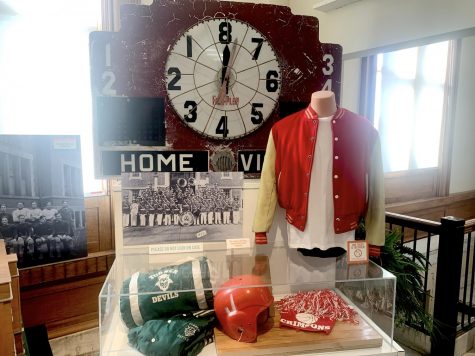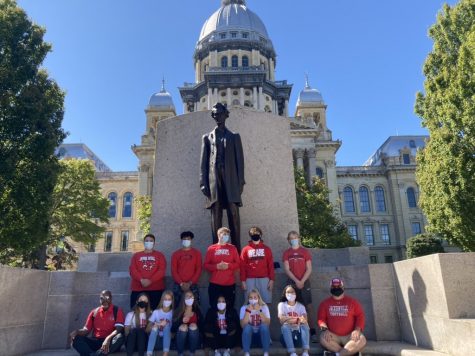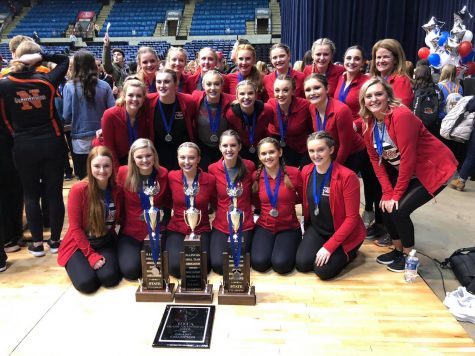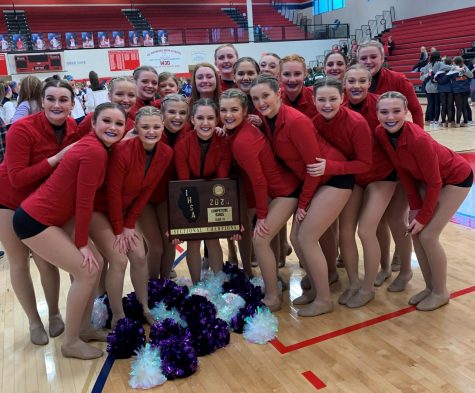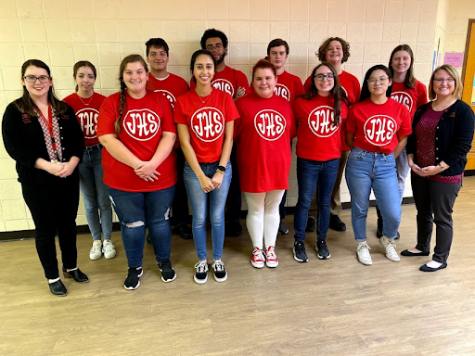How best to study for finals
December 18, 2019
People are stressed, some grades are not where they need to be, and winter break is just around the corner; it is finals week. Students are rushing to study and memorize all the information they learned throughout the entire semester for one big exam in each class. That is a lot of vocabulary, formulas, and concepts to know. Many struggle with knowing where to start or how to go about studying and it can grow to be very stressful. After all, at J.H.S., a final is worth 20% of one’s grade.
However, finals do not have to be as nerve-racking as many make it out to be; with the right study methods and studying schedule, a final exam can simply be a boost to help one’s grades and maybe even bring it up a letter. Efficient study methods that will help one memorize information include making flashcards, going over notes, looking at old quiz and test questions, and reworking example problems in math and grammar on separate pieces of paper. Scheduling which method to do for what class and when is just as important, so here is a list of organized steps on how students can best study for their finals.
- Finding out what they know
The first step is for one to find out where he or she is in a class; what units do they know best and what parts of those units. To get a good idea of where a student is, he or she can use a study guide if the teacher provides one and answer all the questions as best as possible before reviewing any of the material and seeing what their strong and weak points are afterwards. If a study guide is not provided, one can simply go over his or her notes and circle or cross out everything he or she already feels familiar with and is not necessary to review. This way, a student can focus his or her time studying what he actually needs to be worked on.
2. Learning the terms
Most classes require students to learn vocabulary about the subject, and many of these classes also require applying these concepts in problems that must be done manually. For classes like this, the best way to study is to memorize the terms first and study how to apply it afterwards so the technicalities are understood. Because multiple choice questions are much faster to do than manual problems, if a student runs out of time during a final, he or she can always bubble in answers to get as many points as possible. Efficient ways to study vocabulary are by making flashcards with the words either with paper or on Quizlet.com or simply covering the definitions in his or her notes and quizzing oneself until all are memorized. For classes like U.S. History where one does not simply study word and definition but also events that happened and how they worked, the information can be turned into the simpler word-and-definition format if one structures their flashcards like so:
Front: What innovations were made during the industrial era?
Back: Mass-production of cars, growth in the textile industry, and the introduction
of steam engines
Also, instead of trying to memorize all of the vocabulary at once, it is smart to pace oneself and study one or two units at a time and take breaks in between.
3. Applying the terms
This step can be applied to short-answer questions or problems that require one to fill in a chart or diagram, solve a math problem, or write a list. These should be easier to do once familiarizing oneself with the technical terms. An efficient way to study how to apply one’s knowledge is by looking at old problems in one’s notes or the textbook and observing how it was answered. Then, a student should redo the problem on a separate sheet of paper until they understand how the concept works and are confident they will be able to do similar problems when tested. This is a great way to study for classes like Chemistry, Astronomy, English (for grammar), and Consumer’s Ed. Similar to studying vocabulary, it is smartest to study these concepts one or two units at a time.
4. Final Review
After studying all the material one needs to know, it is important to have one final review before taking the final to ensure all the information has been studied and he or she has not missed anything. This includes reading over all the notes, looking back at quizzes/tests, and going over flash cards one more time and circling concepts that are still not mastered. After reviewing all this information is the best time to make a notecard. Any concepts that a student is still struggling to memorize should now be recorded on a notecard if the teacher allows using one; if not, it is best to go over this knowledge a few more times before taking the final.
With finals here, it is easy to be confused on where to start studying and what the best ways to remember information. However, by first finding out what one knows, then learning the terms, studying how to apply the terms, having a final review, and following all the tips in between, one can take advantage of the grade-boosting opportunity provided by a final and have a satisfying, stress-free Winter Break.

